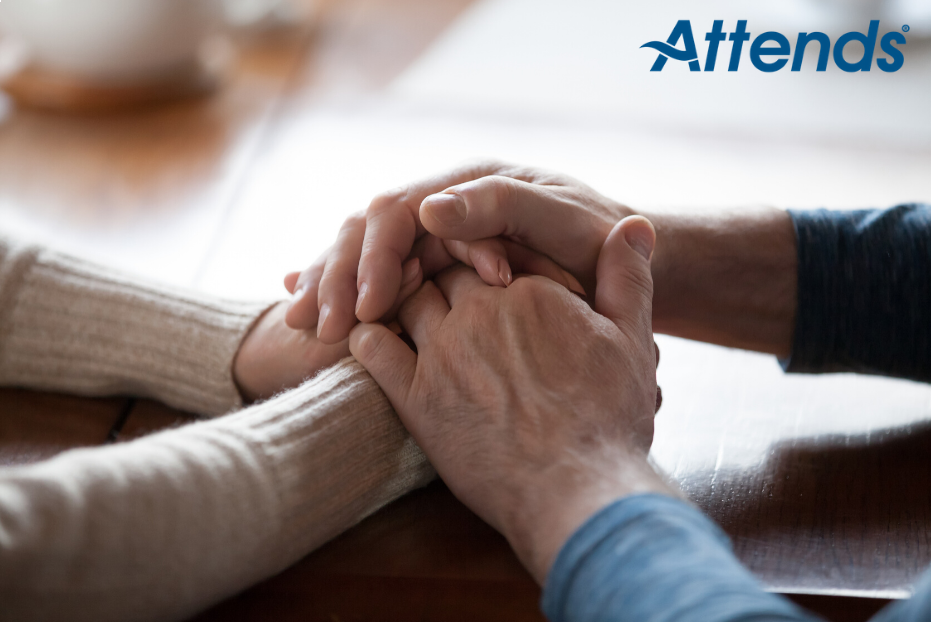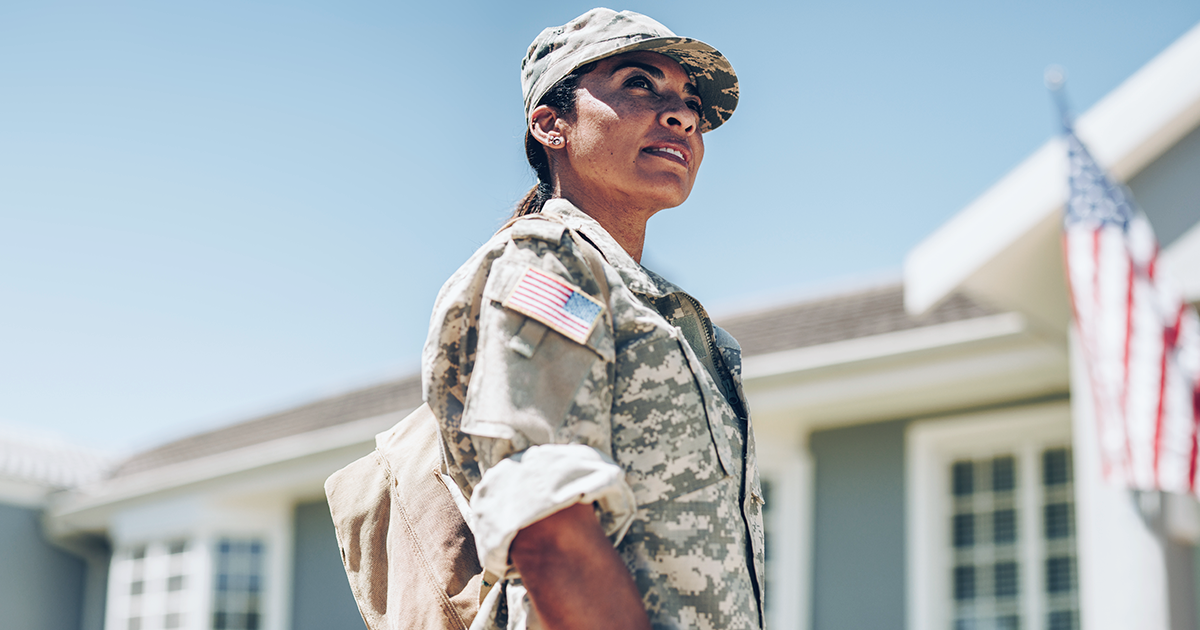The Sassy Classics, a dazzling group of women between the ages of 67 and 87, light up stages across North Carolina with their rockette-style dance moves. Their age doesn’t slow them down; in fact, they encourage other women in their golden years to get up and move. Even if you move slowly, or your joints stick a little, the important thing is to keep moving.
It’s the same lesson every active senior will tell you: Get active. Stay active. Keep moving.
The International Council on Active Aging celebrates this mentality by promoting Active Aging Week each year -- sharing ideas and coordinating events that encourage people over age 55 to ignite their passion by continuing to dance, rock climb, do yoga, and enjoy all the things they’ve always loved. Even if you can’t dance across the room, get involved in a group at your Senior Center or in your retirement community. Help organize the holiday party; bake your perfect secret cookie recipe for the bake sale; join a poetry group with your fellow literary lovers; volunteer for a charity you love!
Just keep moving.
But what do you do when health issues begin slowing you down?
Incontinence and the Active Senior
Urinary incontinence impacts up to 35% of active adults. Whether 25 or 75 years old, a person with incontinence struggles may have several concerns before taking on any new activity:
- Will I be near a bathroom?
- Will there be an odor?
- Will I stay dry?
- Will this activity cause leakage?
- Will people know?
These concerns may discourage living an active aging lifestyle.
Depression Stemming from Urinary Incontinence
Although incontinence is a natural part of aging, studies show the physical symptoms of urinary incontinence (UI) “often triggers psychosocial distress in the form of anxiety, embarrassment, social withdrawal, and depression.” Some men and women even abandon activities and social gatherings they once loved, or cancel family trips due to uncertainty about the availability of restrooms.
But seniors who live an active lifestyle caution against withdrawing. “Stay active,” they advise.
There are solutions and methods of managing UI. Plan your trip’s stops so a restroom is available frequently. Call ahead to tourist attractions to make sure handicaps are accommodated. Do brand research to find the most absorbent, comfortable, and discreet incontinence pads or briefs – then carry extra where ever you go.
According to researchers and scientists at Attends, “The right brief or pad should prevent odor and leakage, while also wicking moisture away to protect the skin and keep it dry.”
If you haven’t found the pad that does all this for you, keep trying new brands and styles. The right pad should build up confidence in your ability to comfortably take part in an active aging lifestyle.
Using A Lifetime of Knowledge and Skills
Many men and women use their golden years show off everything they’ve learned throughout their lifetime. A person in their 70’s has decades of wisdom and experiences. Retirement communities and senior centers provide dozens of opportunities to stay active and use the skills you’ve spent years developing.
Whether you want to take up ballroom dancing, help organize your retirement community’s next event, take a painting class, or just enjoy tea time with your friends – you can. Urinary incontinence will never be fun, but the right planning, medicine, and sanitary products should provide the freedom to enjoy an active lifestyle.
Keep moving.
Try to solve the new Formula Cube! It works exactly like a Rubik's Cube but it is only $2, from China. Learn to solve it with the tutorial on rubiksplace.com or use the solver to calculate the solution in a few steps. (Please subscribe for a membership to stop adding promotional messages to the documents)

















